Total: 0Toman
- Event group :
- Event Status : Held
- Start date : Apr 21 2022
- End date : Apr 21 2022
- Place :
- Capacity : Person

Sa’di Shirazi, globally-renowned Iranian Poet
The first day of the Iranian month of Ordibehesht, in the solar hijri calendar; corresponding to April 21 this year, is marked in the Islamic Republic of Iran as commemoration day for the famous Persian poet Shaikh Mosleh od-Din Sa’di Shirazi. This world famous poet who flourished in the 13th century has immortality in the hall of fame of world literature and one of his poems even adorns the United Nations headquarters in New York.
Many of the masterpieces of Persian literature have been translated into several world languages. Nonetheless, none of these translated literary works have drawn the attention of Westerners as much as the two well-known works of Shaikh Sa’di, that is, “Golestan” and “Boostaan”. In the view of the contemporary researcher and translator, Dr. Jalal Sattari, Persian language which is rich in metaphors, similes, and literary depictions, and differs from European languages, continues to attract admirers in the West. Sa’di, who travelled widely and was familiar with a wide range of cultures, has used simple language in his works, in contrast to his contemporaries. Hence, study of the translations of the works of Sa’di in other languages is highly interesting for foreign readers. However, simplicity and fluency of the literary works of Sa’di cannot be the sole reason behind his international popularity. The important secret behind this global fame is that Sa’di guides readers toward ethereal values, wisdom and prudence which are principally founded on altruism. In fact, the main reason behind the attraction of Westerners, especially Western literati, toward the works of Sa’di is the ethical teachings which are embedded in his works that maintain no motivation other than altruism and respect for mankind’s dignity. Sa’di is truly a globally renowned poet, who belongs to the entire mankind.
The first poet, whose works were translated into European languages in the year 1634 AD, was Sa’di. Initially, Andre Dorier translated the book Golestan into French language. Although there were a few shortcomings in this translation, it was considered the first step to this end. A year later, by reference to the French translation of this book, the Golestan was translated to German, Latin, and English languages. Throughout the waning years of 17th century, when direct criticism of the French ruling system was not common, the Golestan was used to set the stage for advising kings. The French poet and author, La Fonteyn, pursued this goal by publication of the second collection of his stories in the year 1694 AD.
Forte, who lived in 1747 AD, is considered as the founder of philosophical anecdotes. In fact, prior to him, no literary figure or philosopher in Europe had presented philosophical anecdotes. Meanwhile, Forte’s anecdotes are rooted in the works of Sa’di. In principle, Sa’di led the way for emergence of a new literary genre in Europe; as Rockert, under the influence of the famous Iranian Gnostic poet, Mowlana Jalal od-Din Roumi, composed odes in the European and German literature. Moreover, two acclaimed European literati, namely Victor Hugo of France and Goethe of Germany, were both inspired by Sa’di.
The French poet, Maurice Barres, is also one of the literary figures, who under the influence of Sa’di, writes one of his masterpieces. In his book, this French poet reminds that he still likes roses, because they have come from the city of Shiraz- which was the birthplace of Sa’di.
Andre Gide also knew of the works of Sa’di and was under their influence. His signature book, Fruits of the Earth, starts with a poem from the Iranian poet, Hafez Shirazi, and ends with a poem from Sa’di. Gide, under the influence of the Golestan, divided his signature book into eight chapters. In the year 1921, the German thinker, Friedrich Roesen, published a book, which included the 8th chapter of Golestan and other works of Sa’di.
In the year 1967, the Swiss translator and researcher, Rudolf Gelpke, published a selection of Golestan’s anecdotes. He has not translated the Golestan into German and has in fact narrated the contents of Golestan’s anecdotes in German language. Goethe became familiar with Farsi literature as of 1792 AD after reading a translated script of Golestan. Thereafter, he became highly interested in Persian literature. His enthusiasm in Farsi literature reached its peak in the year 1814, after studying the collection of poems of Hafez Shirazi. Goethe has benefited from the words of wisdom in Golestan in writing his collection of poems. In the view of the 19th Century American author and thinker, Emerson, the Iranian poet, Sa’di, has spoken in the language of all nations and his works are always fresh like the works of Homer, Shakespeare, Cervantes, and Montini. Emerson believes that the ethical guidelines presented in Golestan are a manifestation of international rules and regulations.
According to the French philosopher, Ernest Renan, the wisdom of Sa’di; the delicacy of his thoughts which boost the spirit; the mild humor which Sa’di makes use of to criticize the deviations of mankind; are all the factors which make Sa’di dear to us. The French translator, Garcen de Tacy, says Sa’di is the only Iranian author who is famous among the masses of people in Europe. Sa’di is the symbol of Iranian culture and Persian language. In the view of innumerable researchers, Saudi is an intra-cultural figure. He traveled to many countries, and was familiar with different cultures.
He traveled to Turkistan, the Subcontinent, and North Africa. He gained countless experiences from foreign cultures, which have been reflected upon in the works of Sa’di, especially Golestan.
Sa’di even influenced common people in remote regions. The famous North African traveler Ibn-e Batuta, in his travelogue, narrates that in his journey to West China, he saw a boatman who was reciting the poems of Sa’di in Persian language in his boat, which shows the profound influence of influence of Sa’di on Eastern culture.
Last but not least, what has led to the global popularity of Sa’di is the delicacy of his works and his profound understanding of humanity based on Islamic teachings.
The contemporary world is in need of Sa’di, because the current world is in need of interaction of cultures and civilizations; and the works of Sa’di completely meet this need.



_1.jpg)







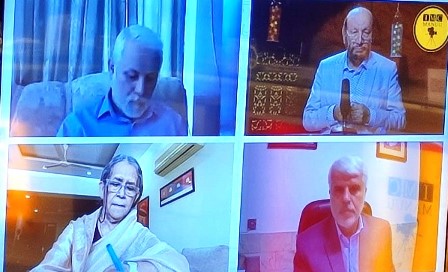


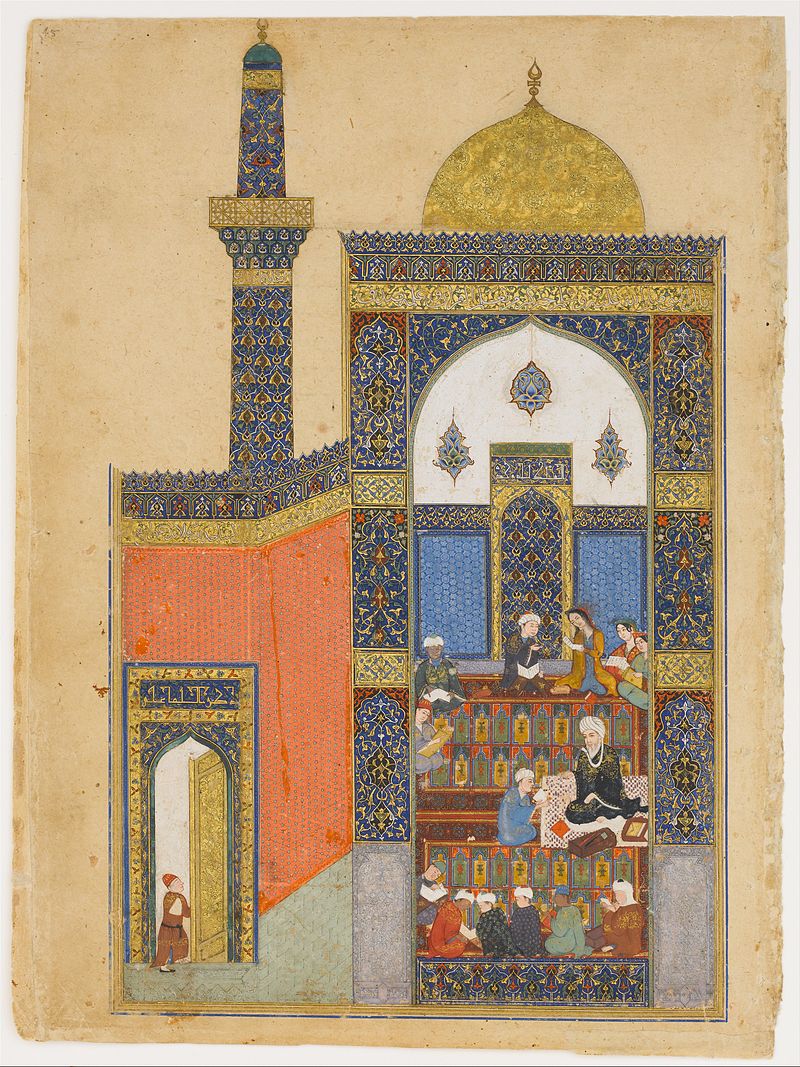

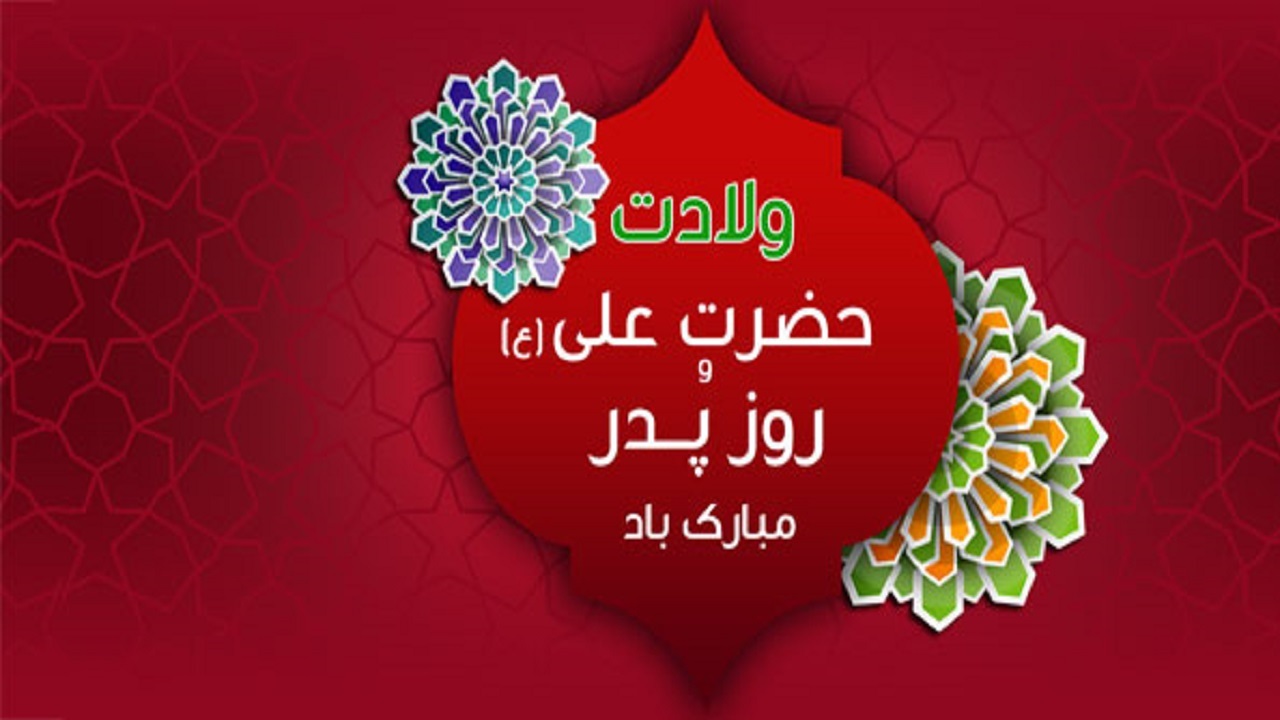
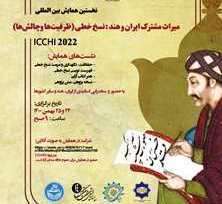


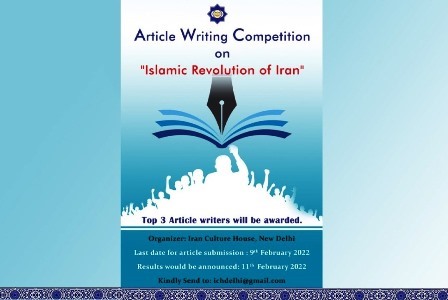
_1_crop.jpg)
.jpg)


_1.jpg)





.jpg)





_crop.jpeg)



_1_crop.jpeg)


_1_3.png)













.jpg)






